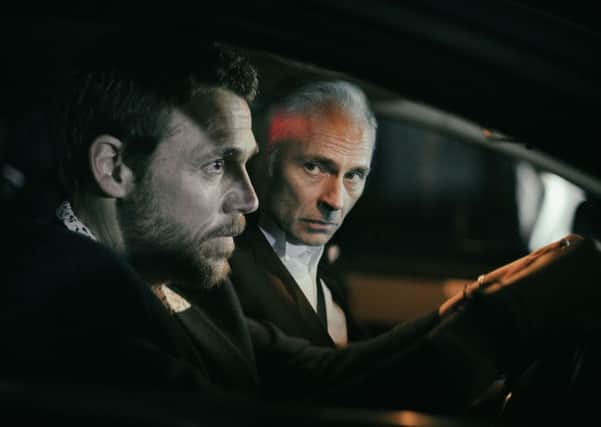Why BBC Scotland channel could be onto something special – Brian Ferguson


It is not hard to understand why the jangling of nerves could be detected at BBC Scotland ahead of the launch of its new channel earlier this year. A lot was riding on it, given its £32 million budget, the two years of planning and preparation, never mind the concern and scepticism over the quality of programming it would deliver and whether it would leave viewers shortchanged.
Just short of 10 months on from that Sunday night launch, heralded by a specially commissioned short film featuring pop-rock band Chvrches and the Scottish Symphony Orchestra, it may seem premature for a report card for the channel to be filed.
Advertisement
Hide AdAdvertisement
Hide AdBut, as the cultural year in Scotland begins to wind down – outwith the frantic panto season – it strikes me that the new BBC Scotland channel has been the biggest game-changer of the year for the arts scene. This is not to play down the significant achievements in Aberdeen with the opening of the new 15,000-capacity P&J Live arena, a serious rival to Glasgow’s SSE Hydro, as well as the reopening of Aberdeen Art Gallery.
Recent visits to the latter, as well as the refurbished Music Hall, left me wondering why a city like Edinburgh is still lagging so far behind Aberdeen in key infrastructure. Yet the arrival of the new BBC channel has had a nationwide impact, by doing what it set out to do and reflect the lives of viewers across the country.
The biggest success for the new channel was its first commissioned drama series Guilt. Written by Bob Servant creator Neil Forsyth and starring old Edinburgh schoolmates Jamie Sives and Mark Bonnar, the story, which unfolds when two brothers mow down an old man after a wedding, won widespread acclaim. Forsyth has set the bar high for Scotland’s drama writers, but it is to be hoped they will relish the challenge of emulating his efforts.
BBC Scotland has given a new home to hit comedies Still Game, Burnistoun and Scot Squad, turned a cult Scottish football podcast into an acclaimed chat show, championed rising stars like Ashley Storrie, Jim Smith and Chris McQueer, and is about to launch three brand new sitcoms. Early concerns about the new channel’s commitment to the arts were eased with the launch of a literature show, fronted by author Damian Barr, while lunchtime theatre series A Play, A Pie and A Pint was brought from the stage to TV for the first time. A festive treat is promised on Christmas Eve when the channel will show Scottish Ballet’s new production of The Snow Queen.
BBC Scotland’s strand of new documentaries has actually been the biggest single factor in winning over audiences across the country, from Inside Central Station, which was commissioned for a second series, Murder Case, a double winner at the Scottish Baftas and Real Kashmir FC, which charted the remarkable story of Scottish footballer David Robertson’s move to India to manage an up-and-coming side.
The new channel’s coverage of Scottish politics has largely avoided controversy, whether on its award-winning documentary on the independence referendum, or Debate Night, which has won plaudits for offering a far more civilised alternative to Question Time.
The broadcaster was not exactly overwhelmed with well-wishers in the run-up to its opening night. But it seems to have not only seen off the majority of its critics, but surpassed most of the expectations of what it would deliver.
It is clearly still early days, but if BBC Scotland can keep up the momentum into 2020 and beyond it may be onto something special.